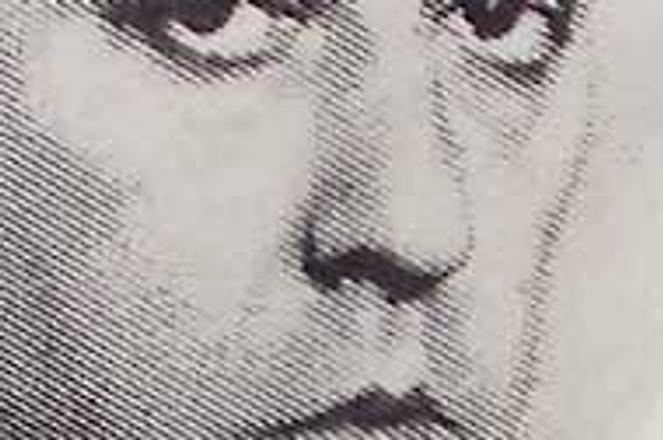Sándor Máraiphoto: Spectator archive
THE DREAM of every publisher is to discover a lost work by a famous writer, or failing that to promote an unrecognised talent who becomes a classic.
The latter is the case of Sándor Márai, an ethnic Hungarian writer born in Slovakia at the turn of the last century, and whose work was discovered posthumously. His novel 'Embers' is now praised as a masterpiece of European literature.
However, while Márai has been compared to such literary heavyweights as the Czech Franz Kafka or the German Thomas Mann, and while publication of 'Embers' caused an earthquake on the international book market, the novelist remains an obscure figure in the country of his origin - Slovakia.
Born in 1900 in the multi-cultural eastern Slovak town of Košice during the Austro-Hungarian monarchy, Márai often refers to his childhood in his books. Based on his picturesque description of a bygone Košice atmosphere, Márai's hometown has decided to present the author and his works to its current citizens.
An exhibition entitled "Márai's Košice" offers a retrospective overview of the town of Košice, its citizens, and their customs and opinions as Márai captured them. Quotes from his novels and diaries, translated into Slovak from the original Hungarian, accompany the exhibit's historical photographs of the town and its citizens, illustrating the spirit of the time.
"Most of the literary citations used at the exhibition are from Márai's two books about Košice, picturing its dying 'burgher' [townsfolk] culture," says exhibition curator Kristína Markušová.
"The novels became bestsellers in Germany. The Germans envy Košice, saying that it must be a fortunate city to have such a writer who could describe the town's atmosphere so realistically. The tragedy is that the books haven't been translated into Slovak yet."
One of Marai's works, 'Confessions of a citizen', was also published in both English and Hungarian, and is a collection of Márai's memories of his childhood in Košice and his student years in Budapest. Written by a man of 34, the book's recollections are both vivid and precise. A brilliant observer, Márai writes about the coexistence of the different ethnic groups: Hungarians, Germans, Roma and Slovaks, all part of the colourful mosaic of pre-war Košice.
He also tells stories about his family and relatives in a very honest and sometimes intimate way, but one leavened with respect and admiration. He dedicates many of his thoughts to culture, to the books his parents read and writers that influenced him. He describes the petit bourgeois manners he was taught in at a local dance school he was forced to attend.
Amusing anecdotes include the writer's first visit to a brothel as a young boy, which ended in a major embarrassment. Other episodes give the reader a strong impression of the author's talent; Márai in fact had his first newspaper article published at the age of 14.
Márai's life and work is a story in itself. After moving to Hungary, the bitter foe of fascism survived the second world war but was forced to flee the country for political reasons following the communist coup of 1948. After a sojourn in Switzerland and Italy, he moved to the United States where he lived in obscurity, never finding a publisher to champion his work.
In February 1989, after 41 years in exile and suffering from a long battle with cancer, Márai took his own life. Ten months later, communism was overthrown in the nations of his youth, and the freedom that Márai had so longed for finally returned to his native Košice.
What: Márai's Košice - Exhibition devoted to novelist Sándor Márai.
Where: Východoslovenské múzeum (East Slovakia Museum), Hviezdoslavova 3, Košice.
When: Open Tue-Sun 9:00-17:00 until September 30.
Admission: Free.
For more information call 055/6223-061.


